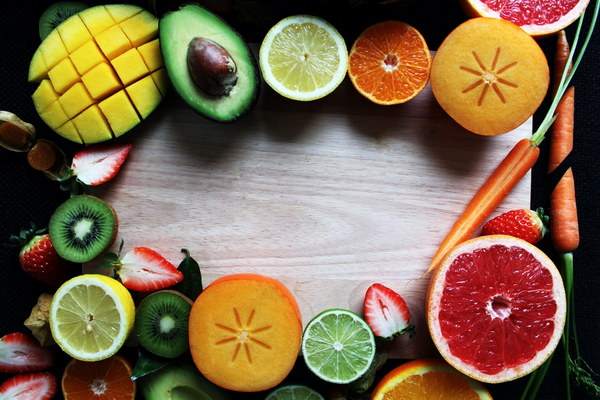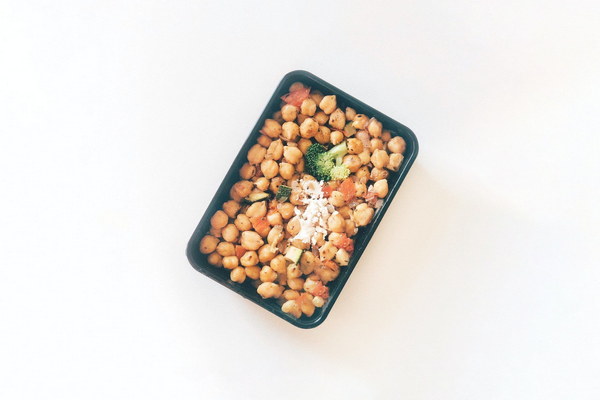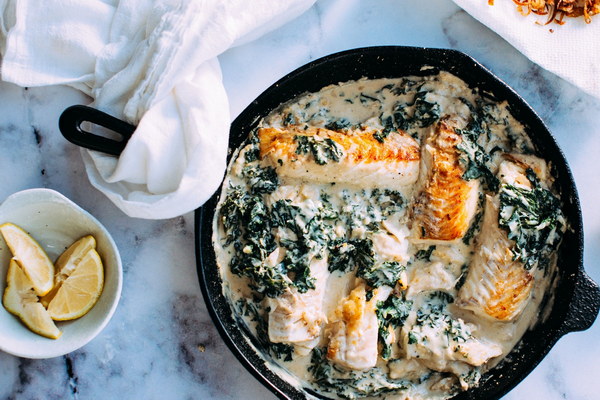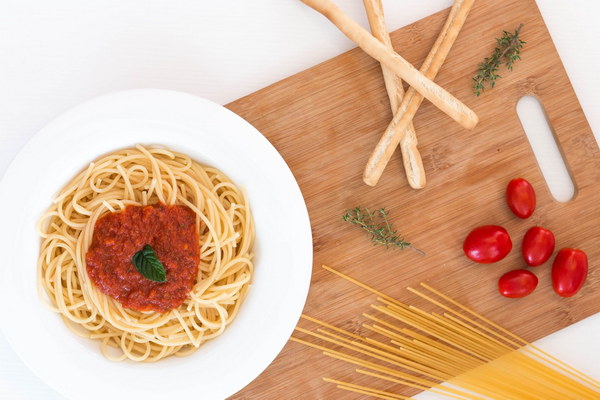Replenish Your Body A Guide to Complementary Foods for Common Overeating Indulgences
In the fast-paced world we live in, indulging in a favorite treat or two is often inevitable. However, overeating can leave us feeling sluggish and tired, and it's essential to address the nutritional deficiencies that may arise from such indulgences. This article aims to provide a comprehensive guide to complementary foods that can help replenish your body after overeating.
1. Overeating Indulgence: Sweets
When we overindulge in sweets, we typically consume high levels of refined sugars, which can deplete our body of essential nutrients. To counterbalance this, incorporate the following complementary foods into your diet:
- Nuts: Almonds, walnuts, and cashews are rich in healthy fats, protein, and fiber, which can help stabilize blood sugar levels and satisfy your sweet tooth.
- Berries: Strawberries, blueberries, raspberries, and blackberries are packed with antioxidants and fiber, which can aid in digestion and reduce inflammation.
- Dark chocolate: Choose dark chocolate with a high cocoa content, as it contains flavonoids that may improve heart health and reduce stress.
2. Overeating Indulgence: Fast Food
Fast food is often high in unhealthy fats, sodium, and calories, leading to nutrient deficiencies and increased risk of chronic diseases. To replenish your body, try these complementary foods:
- Leafy greens: Incorporate spinach, kale, and Swiss chard into your meals to increase your intake of vitamins, minerals, and antioxidants.
- Lean proteins: Consume lean proteins such as chicken breast, turkey, or tofu to help repair and build muscle tissue.
- Whole grains: Opt for whole grains like brown rice, quinoa, or whole-wheat pasta to provide sustained energy and essential nutrients.
3. Overeating Indulgence: Alcohol
Alcohol consumption can lead to dehydration, nutrient depletion, and impaired liver function. To replenish your body, consider the following complementary foods:
- Water: Stay hydrated by drinking plenty of water throughout the day.
- Citrus fruits: Citrus fruits like oranges, lemons, and grapefruits are rich in vitamin C, which can help protect your liver from oxidative stress.
- Leafy greens: As mentioned earlier, leafy greens are packed with nutrients that can support liver health and aid in detoxification.
4. Overeating Indulgence: High-Sodium Foods

Overeating high-sodium foods can lead to dehydration, high blood pressure, and kidney stress. To counterbalance the effects, try these complementary foods:
- Fresh fruits and vegetables: High potassium foods like bananas, avocados, and leafy greens can help balance out the sodium levels in your body.
- Low-fat dairy: Consume low-fat milk, yogurt, or cheese to obtain calcium, which can help maintain healthy bones and reduce the risk of kidney stones.
- Herbs and spices: Use herbs and spices like basil, oregano, and turmeric to add flavor to your meals without relying on excessive salt.
5. Overeating Indulgence: Overeating in General
If you've indulged in multiple overeating sessions, it's important to focus on overall nutrition and replenish your body with a balanced diet. Here are some tips:
- Start with a healthy breakfast: A nutritious breakfast can kickstart your metabolism and provide energy throughout the day.
- Eat regular meals: Aim to eat every 3-4 hours to maintain stable blood sugar levels and prevent overeating.
- Incorporate a variety of foods: Consume a diverse range of fruits, vegetables, whole grains, lean proteins, and healthy fats to ensure you're obtaining a wide array of essential nutrients.
By incorporating these complementary foods into your diet, you can help replenish your body after overeating and minimize the negative effects of indulgent meals. Remember, moderation is key, and it's important to enjoy your favorite treats in moderation while maintaining a balanced and nutritious diet.









